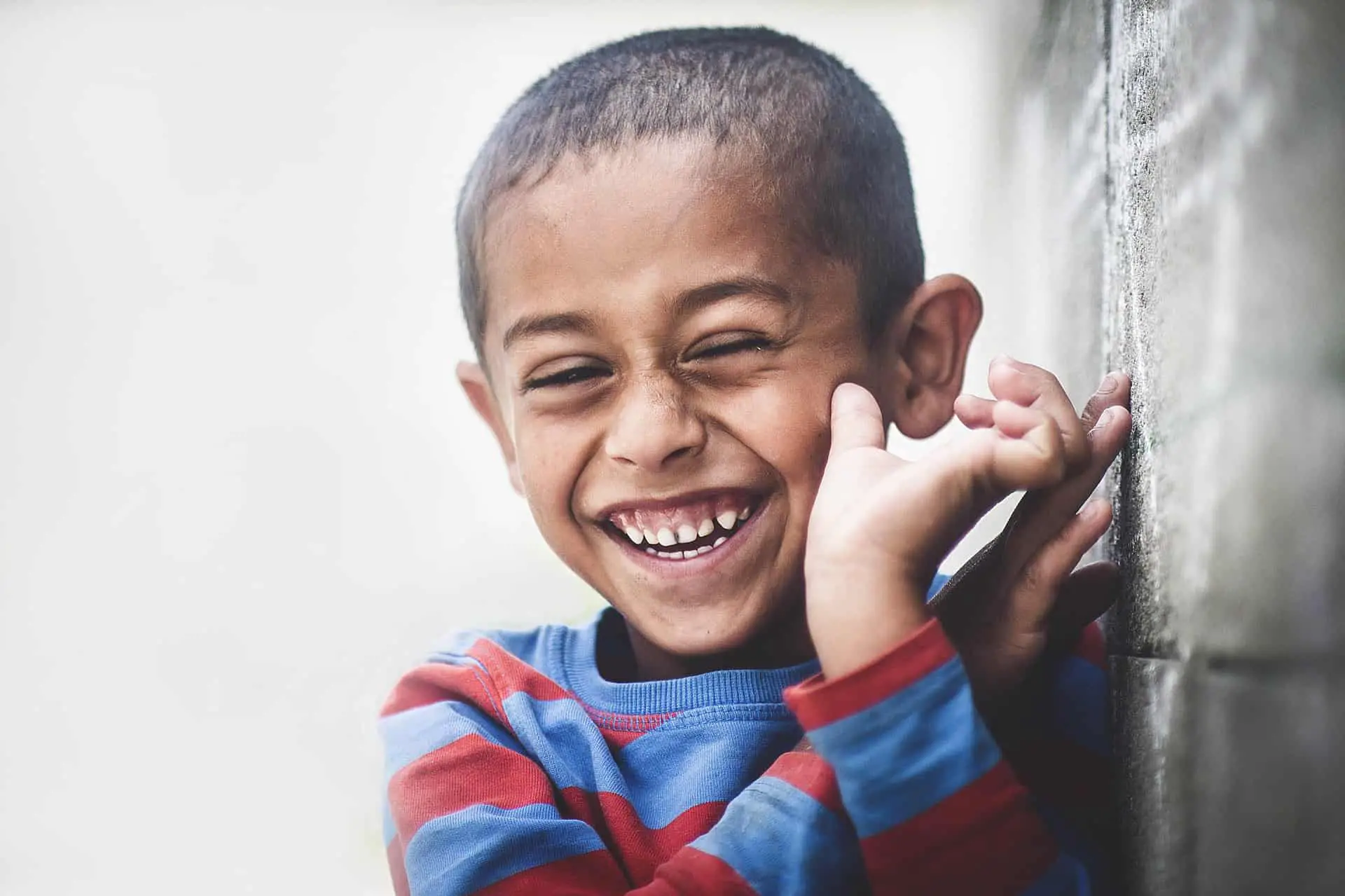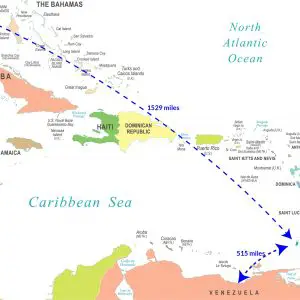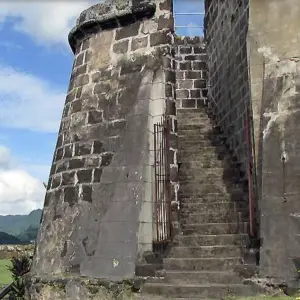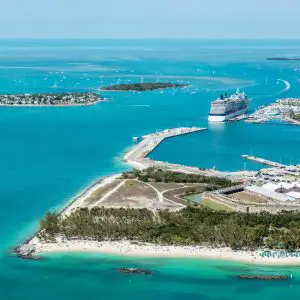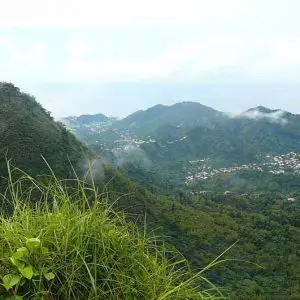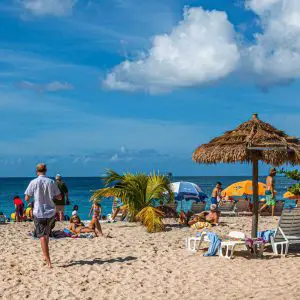Would you like to vacation in a 3rd world country? For most of us, thoughts of a 3rd world country conjure up images of poverty, crime, and filthy living conditions – not a vacation destination. I’m planning a trip to Grenada, so I recently wondered – is Grenada a 3rd world country?
Is Grenada a 3rd world country? No. Grenada is not a 3rd world country or, in today’s terms, a “least developed country”. Grenada does not meet the criteria and indicators that identify a country as being “a least developed” country. Instead, Grenada falls into the middle category of “developing country”.g>
Sometimes, we Westerners forget how fortunate we are to live in a country that is so prosperous. We get caught up in our own woes and wish we didn’t have it so bad. The reality is – we don’t have it bad – but other countries do.
Many countries have high levels of poverty, a lack of food and clean water, a high mortality rate (especially infant mortality), and little to no opportunities for work to support our families, often resulting in high crime.
This article isn’t about coming to grips with the reality that 3rd world countries exist ( a worthy article to research and publish, nonetheless). Instead, this article is about whether or not Grenada is considered a 3rd world country from the perspective of someone considering a vacation to the island.
As already mentioned, Grenada is not a 3rd world country. But what does that mean in terms of images we’ve conjured up in our minds? Is Grenada poverty and crime-ridden? Are people starving with no access to clean water?
I researched the details and am happy to share them with you in hopes that you will realize Grenada is more than a worthy place to visit. First, let’s get some definitions out of the way to ensure we’re all singing from the same songbook. lalala
What exactly is a 3rd world country?
There was a time in the not-too-distant past when the terms 1st, 2nd, and 3rd world countries referred to a nation’s political and economic position.
For example, the US, Canada, and Japan were considered 1st world countries based on their relative political and economic similarities (i.e. alignment with capitalism and freedom).
China, Cuba, and the USSR (i.e. the Soviet Union) were considered 2nd world countries (i.e. alignment with communism and lack of freedom), and lastly, 3rd world countries such as Mexico, African nations, and others.
The terms and definitions have evolved. Now, we say “developed country”, “developing country,” and “least developed country”.
A country’s designation is determined by a set of criteria and indicators defined by the United Nations. The categories include income, human assets, and economic vulnerability.
Income
Income is measured by a nation’s gross national income (GNI) per capita – or the income amount per person. This value is intended to reflect the resources available to individuals and a country overall.
Human Assets
Human Assets refers to health and education criteria based on the five indicators listed below.
- Under-five mortality rate
- Maternal mortality rate
- Percentage of the population undernourished
- Secondary school enrollment (i.e. high school)
- Adult literacy rate
The value of each indicator is combined to arrive at an overall Human Assets Index (HAI). The HAI is intended to reflect a country’s ability to sustain development. A low number indicates barriers to the country sustaining its development.
Economic Vulnerability
Economic Vulnerability refers to a nation’s vulnerability to economic and environmental incidents. This index is based on eight indicators that are listed in the table below, along with the rationale for considering the data.
- Population
- Remoteness
- Merchandise export concentration
- Share of agriculture, hunting, forestry, and fishing in GDP
- Share of population in low elevated coastal zones
- Instability of exports of goods and services
- Victims of natural disasters
- Instability of agricultural production
The value of each indicator is combined to arrive at an overall Economic Vulnerability Index (EVI). A high number indicates barriers to the country sustaining its continued development.
The table below lists the indicators and whether the country’s value needs to be high, medium or low in order to be included in the respective development category.
| United Nations Criteria for Designation of a Country’s Development Status | Developed Country | Developing Country | Least Developed Country |
| GNI per capita (Income indicator) | high | medium | low |
| Human Assets Index | high | medium | low |
| Economic Vulnerability Index | low | medium | high |
Every 3 years, the list of least developed countries is reassessed to determine which nations get to graduate to the “developing country” list.
If you’re a data nerd who needs to dig deeper into the indicators, criteria, and thresholds, check out the United Nation’s website.
If your brain works like mine, you need comparisons to drive home the point. That’s why I created the table below. It reflects a sampling of countries within each of the 3 categories. Hopefully, it will help you visualize the difference between countries from a development perspective.
| Sample of Developed Countries | Sample of Developing Countries | Sample of Least Developed Countries |
| Canada | Solomon Islands | Afghanistan |
| Japan | Angola | Haiti |
| Germany | Samoa | Ethiopia |
| United Kingdom | Maldives | Rwanda |
| United States | Grenada | Somalia |
Bottom line: Grenada is not a least developed country, or what we used to refer to as “3rd world country”.
Grenada isn’t rich by Western standards means. We already knew that. Why else would we be asking if Grenada is a 3rd world country? In fact, many island nations are not rich by our standards.
so, what’s it really like on Grenada?
grenada’s education system
Education is free and required for all children from 5 to the age of 16. Children attend elementary school for 7 years and secondary school for 5 years.
The country also has a community college that provides post-secondary education opportunities.
The world-renowned St. George’s University Medical School trains veterinarians and medical students from over 140 overseas countries. Although most Grenadians don’t go on to study at the medical school, the school and its students are large contributors to Grenada’s economy.
Granada’s economy
Grenada is known as “The Spice Isle”. There’s a good reason for it – producing and exporting spices, especially nutmeg and mace, are a large part of the nation’s economy. In fact, about 30% of Grenada’s $36.3 million in exports during 2017 were from Nutmeg. Additional exports included wheat flour, cocoa beans, fruit, and nuts.
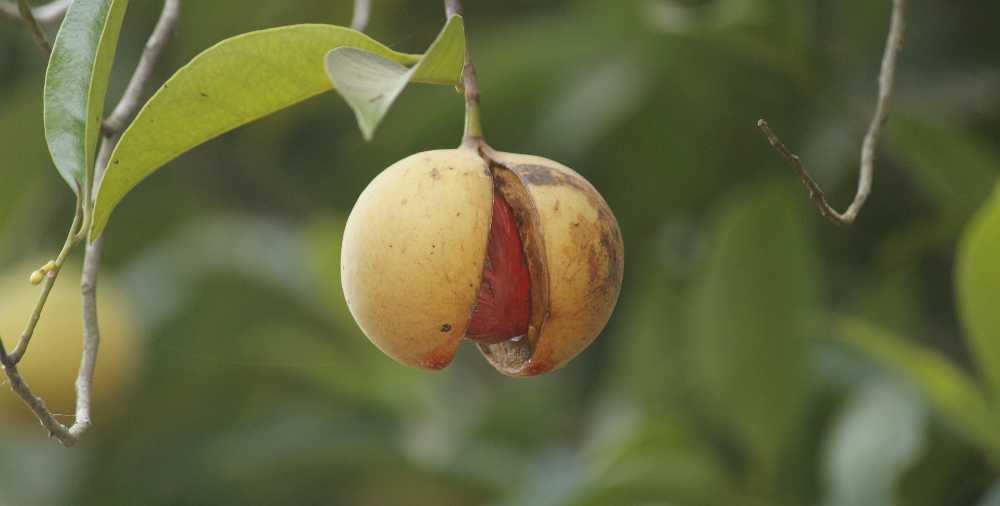
About 20% of the population is employed in the agriculture sector.
From an economic perspective, Grenada has vulnerabilities we in the US don’t have to worry about. Because it’s a small island and highly vulnerable to weather conditions such as hurricanes and tropical storms, its economic dependencies can be greatly affected by one single incident.
For example, Hurricane Ivan in 2004 wiped out an enormous number of nutmeg trees from the island. Prior to this, Grenada had been the world’s 3rd largest producer of nutmeg. Given that nutmeg trees take at least 8 years to produce fruit at the rate they were accustomed to, the current rate of production is not what it once was.
Tourism
Tourism is also a large economic driver in Grenada and growing. In fact, Grenada achieved a historic milestone in 2018 by hosting over half a million visitors to the island, representing a 12.9% increase over the prior year.
The Grenada Tourism Authority (GTA) has made it no secret their goal for Grenada to be a premier tourist destination.
About 30% of the population is employed in the service sector – much of it in tourism.
Is Grenada Safe?
Many of us equate a country’s level of poverty and economic fortitude with safety. And with good reason – the numbers don’t lie. Generally speaking, the more impoverished an area – whether it’s a country, city, or neighborhood – the higher the crime rate. It makes sense. If you can’t meet your basic human needs, you become desperate and do what it takes to survive – including throwing laws out the window.
I suspect many of you are interested in whether Grenada is safe to visit. I recently delved into this and discovered that Grenada is a safe country to visit.
Compared with other Caribbean destinations, serious crime is very low in Grenada, and unlike some Caribbean countries, there have been no US deaths in Grenada in at least the past 3 years. Although theft, drugs, and sexual assaults remain a problem, you can avoid falling victim to these crimes by exercising basic precautions.
Because the country intends to be a premier market for tourism, keeping people safe is a high priority.
If you’re interested in learning more about Grenada’s safety, check out my article Is Grenada safe for tourists?
The most beautiful and enticing places on earth are often little islands surrounded by sea and isolation. It’s this beauty and isolation that appeals to us and, at the same time, concerns us. It’s the distance from the rest of the world and the challenges that go with being an island that contributes to its inability to mimic the wealth, economy, and humanity we in richer countries take for granted. But is that a reason not to visit? I say no! Hell no! It’s more of a reason TO visit. 🙂
Happy planning!
